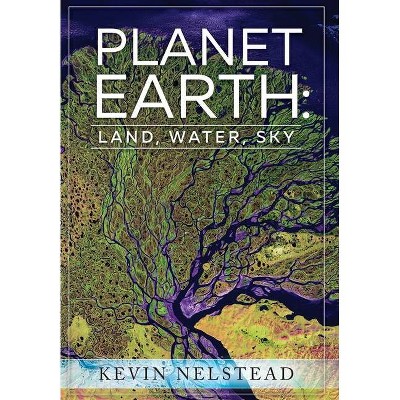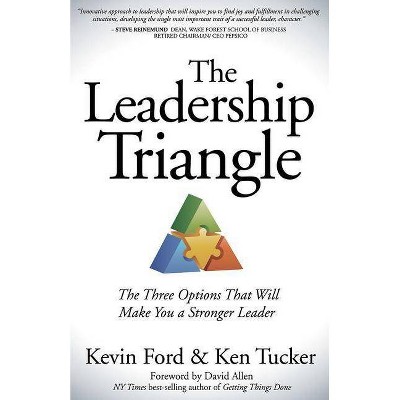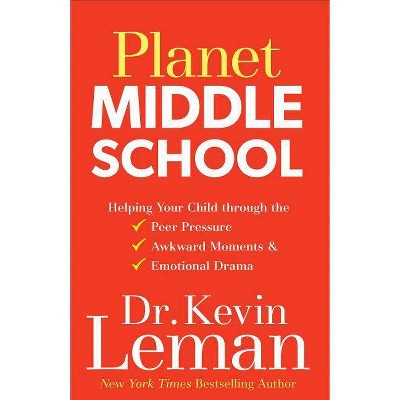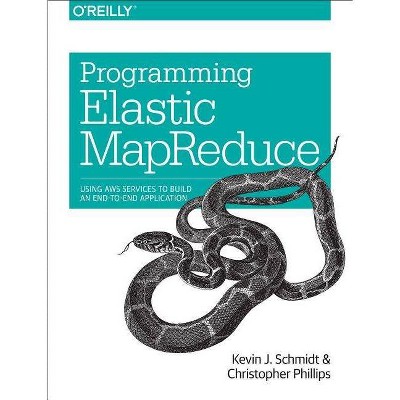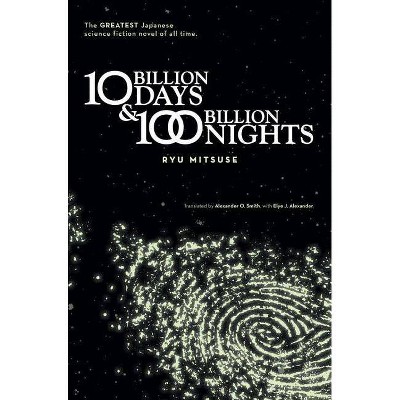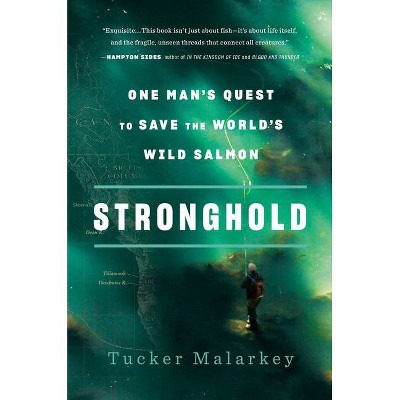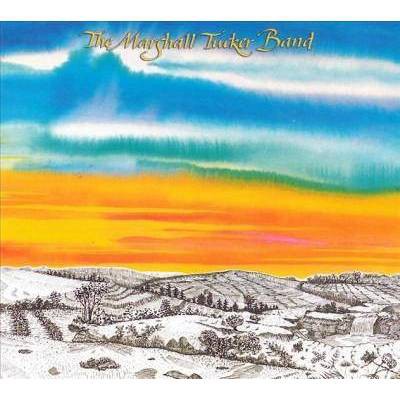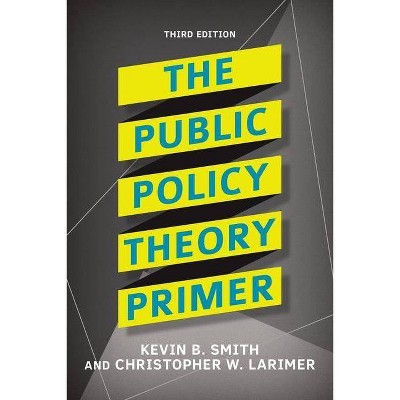A Planet of 3 Billion - by Christopher Kevin Tucker (Paperback)
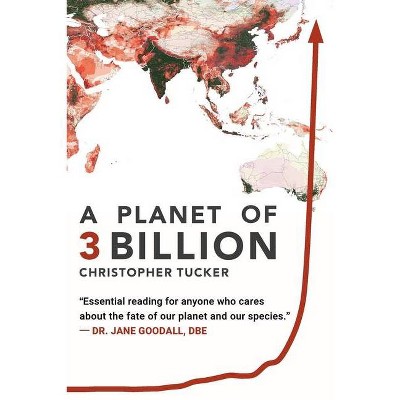
Similar Products
Products of same category from the store
AllProduct info
<p/><br></br><p><b> About the Book </b></p></br></br>How many people can the Earth support? Tucker makes the case that Earth's 'carrying capacity' is limited to 3 billion humans, & that humanity's century long binge has incurred an unsustainable ecological debt that must be paid down promptly, or else cataclysm awaits. A must read for everyone who cares about the fate of our planet & our species.<p/><br></br><p><b> Book Synopsis </b></p></br></br><p>How many people can the Earth support? Tucker makes the case that the Earth's 'carrying capacity' is limited to 3 billion humans, and that humanity's century long binge has incurred an unsustainable ecological debt that must be paid down promptly, or else cataclysm awaits. Given that our species has already surpassed 7.5 billion, and is fast approaching 9 billion or more, this is an audacious claim that everyone who cares about the fate of our planet and our species has a responsibility to evaluate for themselves. Tucker, in his exploration of the frontiers of scientific knowledge, urges all of us to question his estimate. He encourages us to marshal our own data and calculations, if we are so inclined, so that we can all engage in this existential debate as educated global citizens equipped to navigate what promises to be an uncertain future.</p><p> </p><p>Equal parts history, science, economics, demography, conservation thinking, ethics, and foreign affairs - all through a geographic lens - this provocative book fundamentally redefines how you will think about the fate of humanity, and the planet from which our species evolved. In part a continuation of E.O. Wilson's <em>Half-Earth</em> thesis, Tucker decrypts the complex story of how humanity has come to burden the finite geography of our planet in unsustainable ways. Tucker argues that we in fact have "A People Problem" which goes far beyond the very real perils of climate change and biodiversity loss. Tucker takes us on a journey through the history and geography of the ecological devastation wrought by humanity, and the persistent wastes that we have accumulated, as our population has grown relentlessly. Only by thinking geographically, Tucker argues, can we truly understand the threats to humanity and the Planet Earth that sustains us. In <em>A Planet of 3 Billion</em>, biogeography, human geography, and geostrategic thinking collide to illuminate the most pressing issues facing our world today.</p><p> </p><p>Beyond a detailed tour of this seemingly insurmountable challenge, Tucker offers solutions. Tucker makes a convincing case that renewal is possible, and that we can indeed find our way to a new sustainable population plateau of 3 billion without some ominous genocide, epidemic, or ecological collapse. Women - educated, empowered, integrated in to the workforce, and with access to family planning technologies - hold the key to our ecological salvation. All of us bear the responsibility for empowering women if we are to collectively chart a safe path to this new lower population plateau. And, together we must conjure up new ways to give Earth's panoply of unique ecoregions a voice, if we are to achieve an ecologically sustainable planet for our species over the long run.</p><p> </p><p>This book is for anyone who is interested in the world around them, concerned about the fate of the planet, and seeking insights that can help them become part of the solutions that would put us on a path to a resilient future.</p><p/><br></br><p><b> Review Quotes </b></p></br></br><br><p>Like Rachel Carson's <em>Silent Spring, </em> more than a half century ago, this book should serve as a wake-up call to a generation that is more in tune than ever with our planet's pulse. As Tucker proclaims, our planet has a people problem. And, as humanity and nature struggle to coexist sustainably, it is time for all of us to focus all our efforts on bending the human population curve downward. Tucker's formula begins with the empowerment of women, worldwide - but his cookbook for global citizens helps guide our collective actions to a resilient future. <em>A Planet of 3 Billion</em> is essential reading for anyone who cares about the fate of our planet and our species.<br /> <br /> <strong><em>Dr. Jane Goodall, DBE<br /> Founder - the Jane Goodall Institute & UN Messenger of Peace</em></strong></p><p> </p><p>It is easy to marvel at the sheer enormity and growth of our world, but it is irresponsible to do so without reckoning with its finiteness. In <em>A Planet of 3 Billion, </em> Dr. Christopher Tucker adeptly argues how we can (and we should) shrink the global population from nearing 9 billion to a more manageable 3 billion--and in so doing repay our debt to the planet, a burden it no longer can bear. Timely and instructive, Dr. Tucker's work explores the nuanced and often overlooked relationship between geography, women's empowerment, and leadership-- an intersection which could have tremendous impacts on our future.</p><p><em><strong>General Stanley A. McChrsytal, USArmy (Ret.)</strong></em></p><p> </p><p>Tucker has written an exceptionally broad-ranging, thought-provoking examination of the relationship between expanding human numbers, socio-economic innovations, and ecological degradation. His effort to explore the historical and geographical roots of our current environmental predicament challenges us to think anew about the future of our planet.</p><p><em><strong>Professor Alexander B. Murphy, Rippey Chair of Liberal Arts & Sciences, Department of Geography, University of Oregon. Frmr. President, American Association of Geographers.</strong></em></p><p> </p><p>Christopher Tucker asks and answers the central question of the 21<sup>st</sup> century, that being, how do we build a habitable planet? He answers that we build it in the way humans have always advanced before we lost our way. We had a plan and we adjusted to an environment. Now, we are determining the environment. We have become the designer species, but without a design. An invasive species with a brain, but no method to plan. Tucker outlines a thoughtful action plan for long term adaptation and success and does so with the complete set of tools and ideas and theories that will allow for massive human success going forward. This book breaks down the walls of our conceptual prison and offers a path to design freedom for the future. A path we sorely need to find.</p><p><em><strong>Michael M. Crow, President and ASU Foundation Leadership Chair and Professor of Science & Technology Policy, Arizona State University</strong></em></p><p> </p><p>A sweeping analysis of extraction, combustion and pollution spelling an unsurvivable future for our species unless we adopt dramatic changes in ecosystem protection and practices. It is irresponsible not to read this book.<br /> <br /> <em><strong>Vint Cerf, Internet Pioneer</strong></em></p><br>
Price History
Price Archive shows prices from various stores, lets you see history and find the cheapest. There is no actual sale on the website. For all support, inquiry and suggestion messages communication@pricearchive.us
